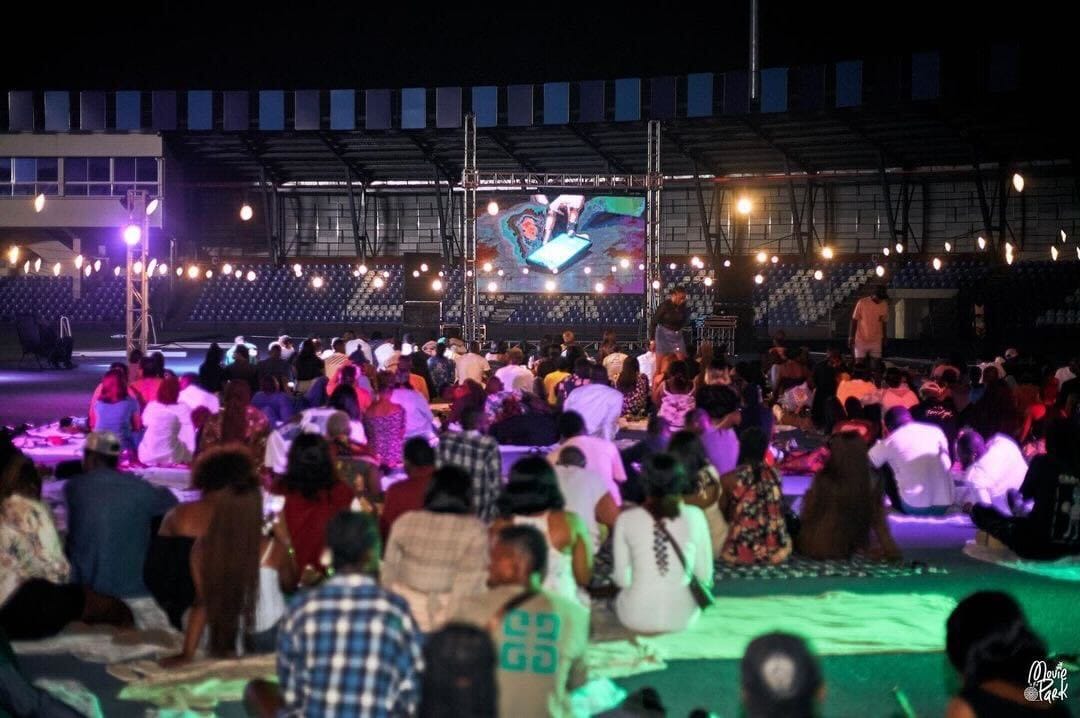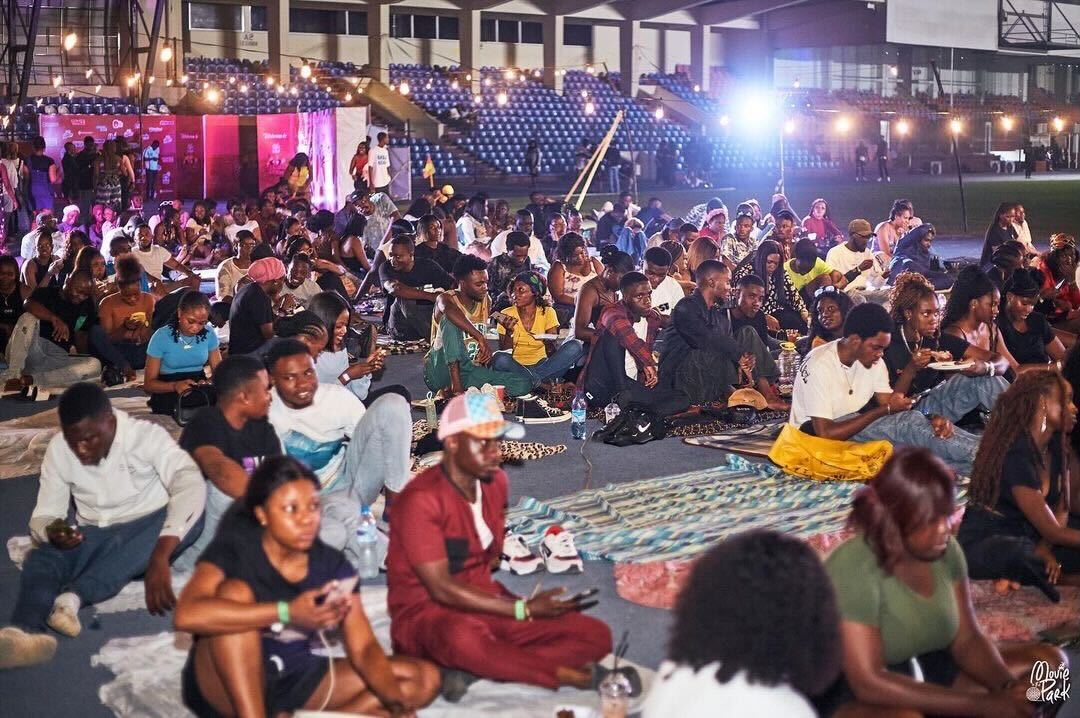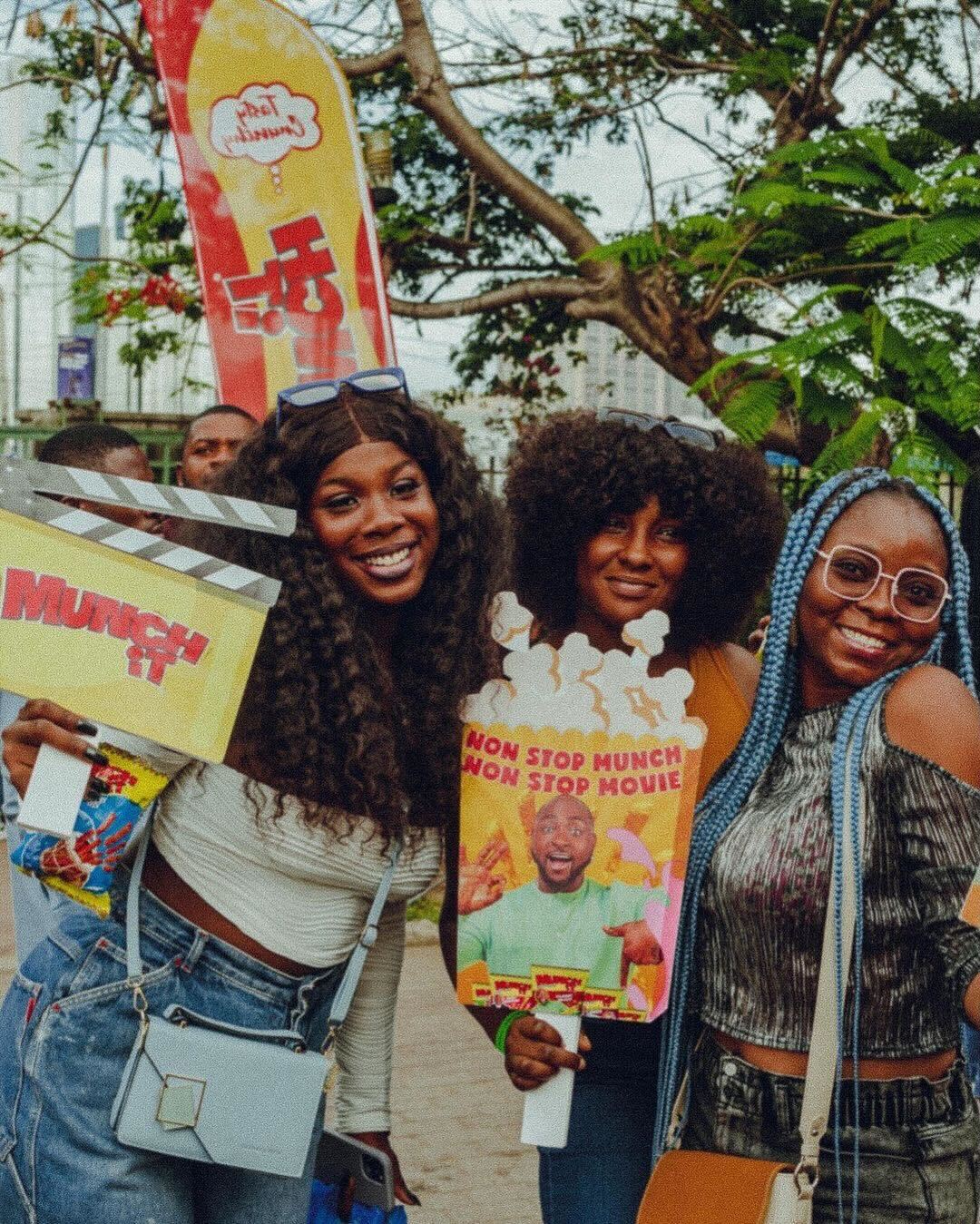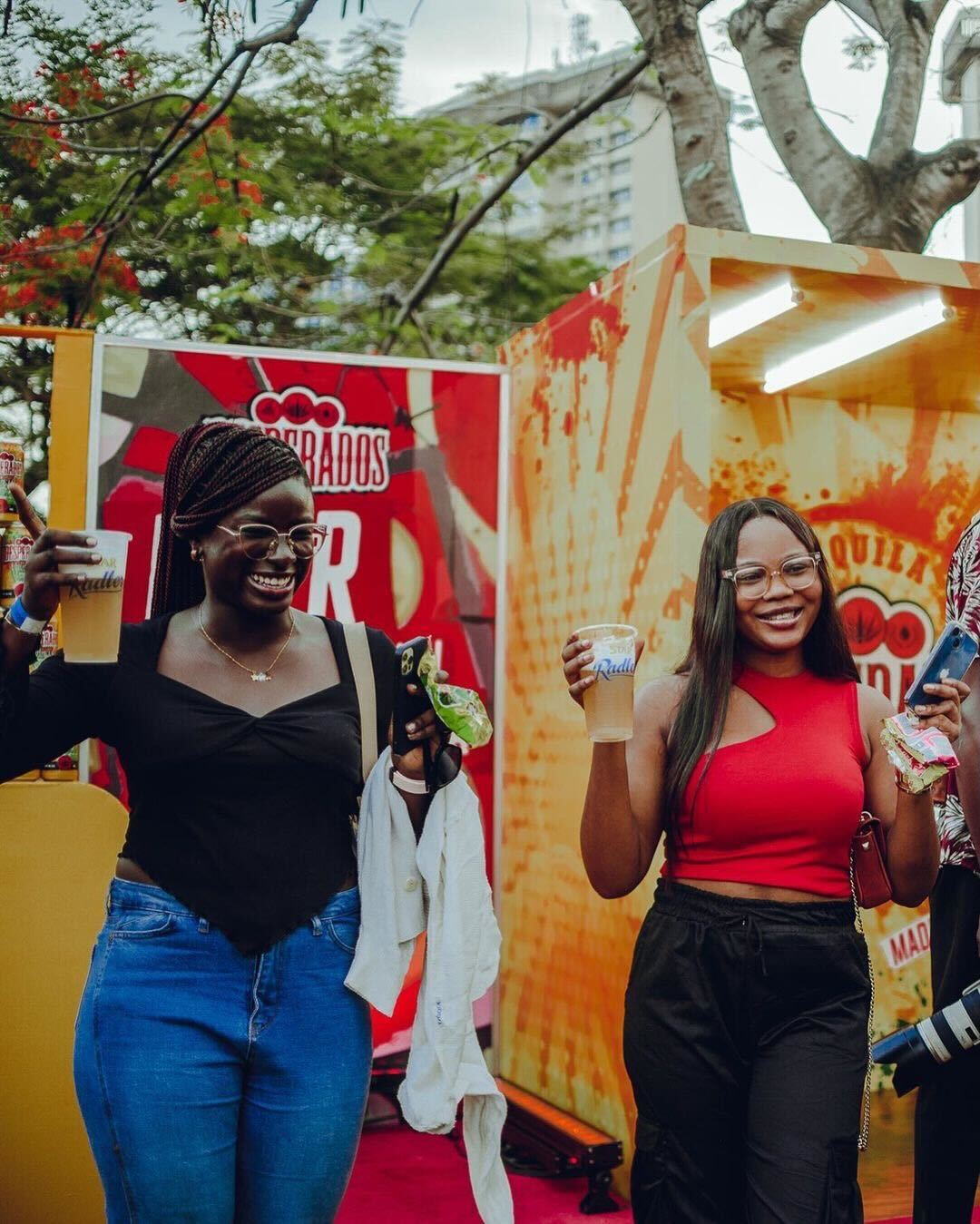How to Get Sponsorships for Your Event: Insights from Ihechi Opara of Movie in the Park Experience
Struggling to secure sponsorships for your event? We spoke with Ihechi Opara, founder of the Movie in the Park, to uncover how he landed sponsorships from brands like Pepsi and Cadbury. Read now!

Securing sponsorships is one of the most effective ways to fund an event, but it’s also one of the hardest. Creating detailed sponsorship decks, networking with brand marketing execs, and negotiating benefits are all tasks you need to do to nail the sponsorship strategy for your event.
To uncover the secrets of landing great sponsors, we spoke with Ihechi Opara, the founder of the Movie in the Park Experience, a really successful series with several events across Lagos, Ibadan, and Abuja. His events have attracted thousands of attendees and secured sponsorships from top brands like Cadbury, Payday, Star Radler, Oraimo, and Pepsi.
Ihechi has learned what it takes to secure and maintain these sponsorships. We’ll take a deep dive into how he’s done it and realistic advice on how you can do it too!
1. Start planning your event, even without sponsors
Major sponsorships to the Movie in the Park Experience didn’t come right away.
“We did the first Movie in the Park experience without a single financial sponsorship, and it wasn’t easy at all. I was broke right after and even in debt to my dad.”
But the truth is, putting on a successful event despite the financial struggles helped set the stage for future sponsorships to MIP.
Ihechi’s key takeaway ➡️ If you believe in your event, push through and cut costs where you can at the beginning. Sponsors want to support events that have proven their potential. So once you’ve built an audience and shown that your event can be successful, sponsors will start reaching out to you.
Self-funding your first event
A lot of event creators want to get sponsors from the very beginning, but Ihechi’s experience proves that it’s possible to launch an event without them. Here are some tips to guide you if you choose to take Ihechi’s advice:
- Start ticket sales early: Give yourself a lot of time to generate revenue before the event. Offering early bird discounts can help drive early ticket purchases and so you have some funds for event planning.
- Keep costs low: Be strategic about everything about your event. Choose affordable or free venues, leverage social media and other organic marketing channels for promotion, and negotiate good deals with your vendors.
- Partner with other businesses: Instead of financial sponsorships, look for in-kind sponsorships where local businesses can provide their services, equipment, or products in exchange for brand visibility.
- Leverage your personal network: Your friends, family, or people in your professional network may be willing to invest in or support your event if they see its potential.
- Sell merchandise: If your event involves merchandise (e.g. branded t-shirts, hats, mugs, etc.), selling them in advance can help generate additional revenue to help you with planning.

2. Network to find the right sponsors
When it comes to finding sponsors, you can’t escape networking. Ihechi emphasizes the importance of attending industry events and connecting with brand managers at these events.
“Make sure to attend events, meet brand managers, get their direct emails, and make your pitches.”
Where to find potential sponsors
- Industry events & conferences: Attending events related to your event’s niche will give you the opportunity to meet representatives of brands who may be interested in sponsoring your event.
- Communities & associations: Many industries have professional groups and communities where you can find the key decision-makers from major brands you’re targeting.
- Social media & LinkedIn: Following and engaging with brands on LinkedIn, Twitter, Instagram, and other social platforms can help you build relationships with them before making sponsorship requests.
- Previous sponsors of similar events: Research brands who have sponsored similar events to yours in the past. You already know they have an interest in your niche, so they may be open to partnerships with you too.
How to make the right connections
Building relationships with these decision-makers gives you a better chance of landing sponsorship deals.
“You might get a no at first, but they mostly eventually come around.”
The key is to make your pitch compelling and relevant to their brand. When you’re networking with them, focus on:
- Understanding the brand’s marketing goals.
- Figuring out how your event aligns with their audience, and capitalizing on that.
- Demonstrating the success and audience engagement your event has had in the past.

3. Provide value to keep sponsors coming back
Getting a sponsor is only the beginning; creating consistent partnerships with brands is just as important. Ihechi does this focusing on what sponsors want.
“I mostly ask the brand what they want and see how my team and I can work around it.”
Understanding sponsor needs
Sponsorships are not donations — they are business deals. Brands will invest in your event to increase brand visibility, engage their target audience, or get more sales. So when you’re looking for sponsorships, you should:
- Ask potential sponsors about their goals.
- Tailor your sponsorship packages to align with what they want.
- Offer them measurable results that they can track (e.g., social media post impressions, leads generated, etc.)

How to deliver value to your sponsors
- Brand activations: Brands really appreciate when you suggest tailored sponsorship activations that will integrate their brand seamlessly into your event.
- Branding & visibility: Apart from sponsor logos, come up with unique brand placements that could be prominently displayed on event marketing materials, social media posts, and signage at your venue.
- Audience engagement: Give sponsors opportunities to interact directly with attendees, like brand booths, product demos on LED screens, or giveaways.
- Post-event reports: Share a detailed breakdown of how your sponsors’ involvement benefited them. Include metrics like how many attendees were at the event, your social media impressions and engagement on posts they were tagged on, attendee interactions at the event, etc.
When sponsors see a clear return on investment, they are more likely to come back for future collaborations.

4. Create a good event sponsorship proposal
“Make good event proposals and send them to the right people.”
While networking opens doors, a well-crafted proposal helps you walk through them.
What to include in your sponsorship proposal
A strong sponsorship proposal should include:
- Event overview: Explain what your event is about and why they should care.
- Audience demographics: Detail your attendees’ ages, locations, and interests.
- Sponsorship benefits: Clearly outline what the sponsor will get in return.
- Sponsorship packages: Offer different levels of sponsorship with benefits that are worth the commitment.
- Success metrics: Show past event success and/or your upcoming event’s expected reach with data and testimonials.
Tailoring proposals for different sponsors
Not all sponsors are the same, so you should really customize your proposals based on the brand’s industry, audience, and marketing goals. For example:
- A beverage brand might want high visibility and opportunities for attendees to sample their products at your event.
- A fintech company might prefer for their product to be used for all vendor payments at your event.
- A fashion brand might want some exclusive VIP tickets for their influencers and brand ambassadors.
5. Follow up and build long-term relationships
Event sponsorship deals don't end when the event is over. To create lasting relationships with your sponsors, it’s important to:
- Send a thank-you note: Acknowledge their contribution to your event and show some gratitude for their sponsorship. A public social media post thanking all your sponsors is a good idea too.
- Share a sponsorship report: Send them key metrics that show the event was a success, and how their partnership contributed to that. It also helps if you send some metrics more specific to their goals, if you have them.
- Stay in touch: Keep them updated on upcoming events and offer them early access to future sponsorship opportunities.
Ihechi’s insights tell us that while networking is important, a solid sponsorship proposal really seals the deal. Generally, the key to winning with sponsorships is to consistently demonstrate the impact and reach of your event.
Want more insights on event planning, sponsorships, and marketing strategies? Subscribe to our blog to get expert tips and real-world success stories right in your inbox!